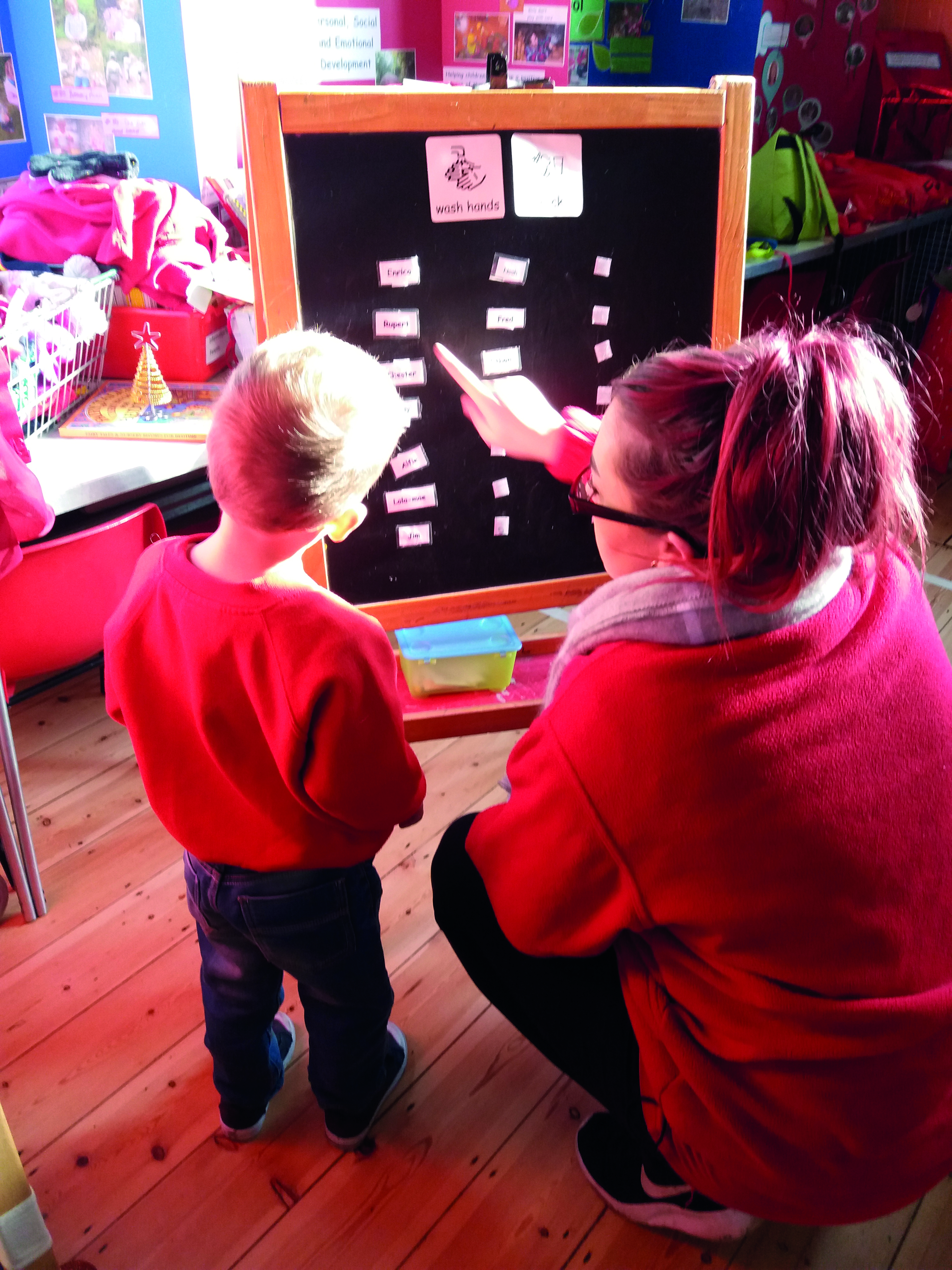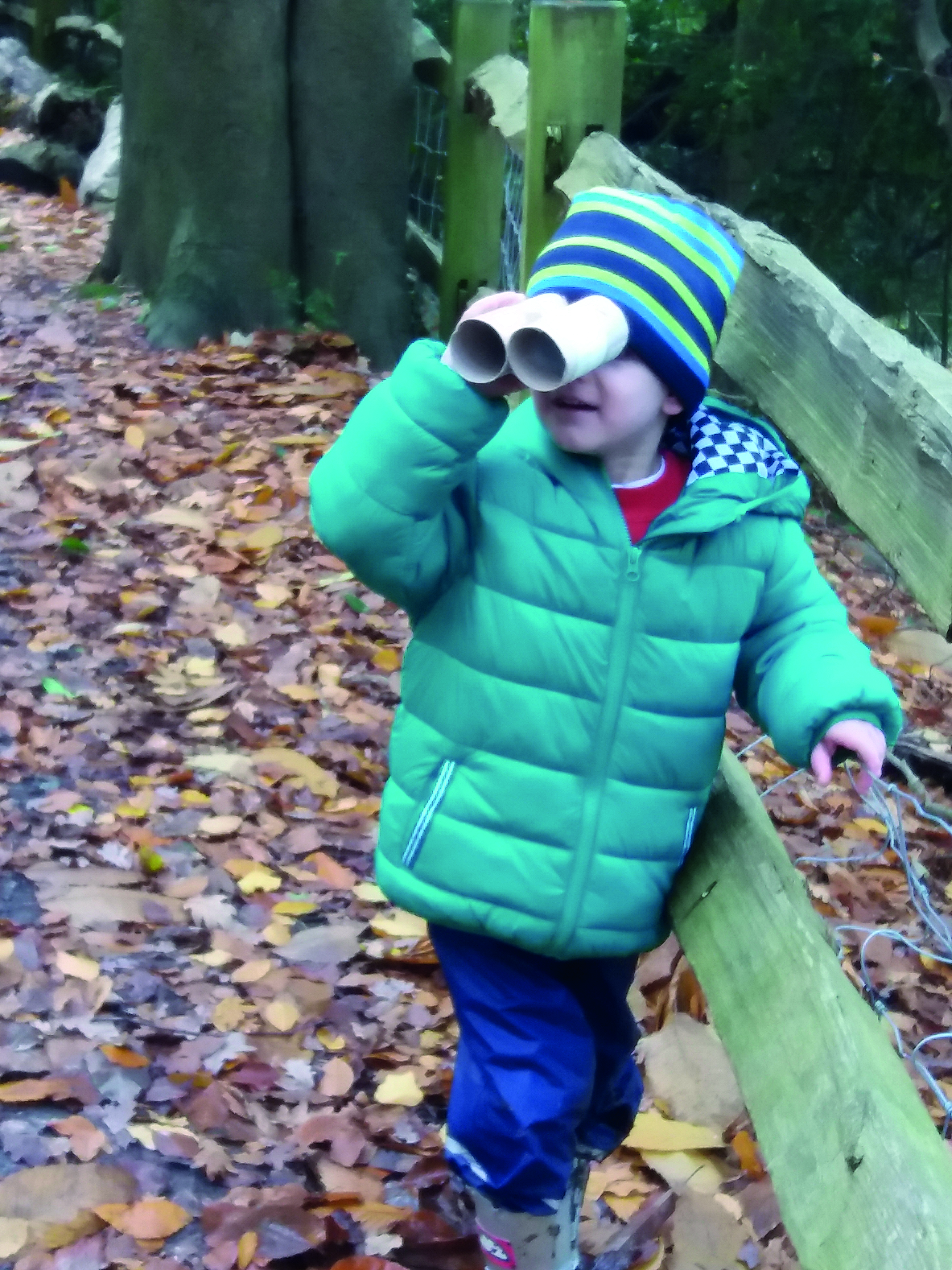
The seaside town of Hastings is South East England’s only Opportunity Area. From an early years perspective, it seems an odd choice for funding expressly designed to tackle social mobility. Children in Hastings achieve well in the EYFS, support for the early years sector is strong, and the local authority was placed in the top 10 per cent for early years in the Government’s social mobility index in 2017.
However, as children progress through school, the picture becomes bleaker. In 2017, the gap between disadvantaged primary school children in Hastings and advantaged children nationwide was 12 months. By the time children reached secondary school, the attainment gap was more than two years. Unsurprisingly, most of Hastings’ funding is focused on schools, with targets set on improving literacy, maths, mental health and resilience, broadening horizons and preparing young people for work.
While Hastings has not set any specific early years targets as part of its Opportunity Area funding, the town’s youngest children are seeing some benefit. In 2016, for example, only 63 per cent of pupils eligible for free school meals met the expected standard in phonics at age six. To tackle this, 14 primary schools have joined a programme that includes development courses for all EYFS teachers and training for teaching assistants.
Opportunity Area funding is also supporting three early communication support workers to work with PVI settings. The Early Years Speech, Language and Communication Pathway programme, which aims to increase the involvement of parents and carers in their child’s language and literacy skills, has been running since 2011 in Children’s Centres. The new Opportunity Area funding has paid for it to be rolled out to PVI settings too.


Language training
Nurseries have identified the support that would be most helpful, ranging from interventions targeting specific children to bringing in new resources. Carole Somers, early years advisor for health visiting and Children’s Centres at East Sussex County Council, is leading on the project. ‘While EYFS data doesn’t show a poor performance, schools say children are coming in with poor language skills in the Hastings and St Leonards area,’ she says. ‘Some parents think “I don’t need to talk to my baby because she can’t talk back” – there is that lack of understanding.’
Resources include activities for parents to try with their children at different ages, such as making a mobile using various objects and playing peekaboo using a small scarf. Early communication support workers have helped settings complete a Language Checker with children’s parents and carers, encouraging practitioners and parents to talk about the child in their home environment and discuss their needs.
Interventions include Toddler Talk sessions, which give tailored advice to parents of identified children to help them understand their child’s speech, language and communication development. Language Through Play is a group session for parents and children which may include modelling home learning ideas, looking at social communication, or discussing specific issues.
‘We first got involved in January 2019,’ says Nichola Spice, nursery manager at Park Road Under Fives Pre-school. ‘A lot of children in our setting need support with speech and language, some quite simple and some more complex.’
Support worker Amber Howells has visited the setting three times to deliver training to the whole team. ‘We asked her to come and talk about English as an additional language because we’ve found complexities when it comes to working with EAL families,’ says Ms Spice. ‘We talked about a communication book that could go home with children, so we can share information in writing and parents can translate in their own time, without pressure. We also discussed what we currently do – sharing information by email to help the family translate, as we find this is the most effective way to have some conversations, or using a tablet to help us translate with [the] parent present.’
As well as training staff, Ms Howells has also helped to deliver interventions in the setting. ‘When we identify children who could benefit from extra support, we let Amber know and she will decide the best way to go,’ says Ms Spice. ‘We have had four children take part in Toddler Talk sessions, and after Christmas, Amber is arranging individual support for another child. It’s not just mums, we are working with a father and have also had a grandparent take part.’
Children in the setting have noticeably benefited, says Ms Spice. ‘We have one little boy in particular whose vocabulary really increased,’ she says. ‘We’ve gone from being quite concerned about him to not being concerned any more. At the moment, Amber is coming in and doing sessions, but eventually she will be able to step back and we know our upskilled practitioners will be able to step forward.’

School absence
Hastings has a high rate of absence from school: attendance at primary schools is the lowest of all 324 local authority districts in England, and attendance at secondary school is below the national average.
The Opportunity Area has set aside £500,000 to fund improvements. ‘There was a discussion around how schools were working to improve attendance and I talked with the programme manager about how we could look at this from an early years perspective,’ says Tracey Rose, chief executive of the Fellowship of St Nicholas (FSN), a charity that runs three nurseries in Hastings. ‘It is important to get people to understand the importance of attending school right from the early years point.’
FSN received a ‘small amount of funding’ to carry out some research focusing on ten settings in areas of deprivation, looking at barriers to attendance and strategies settings were using to tackle them.
‘It is difficult because attendance is not statutory in the early years, but if you can get children as early as possible, outcomes are better as they go into school,’ says Ms Rose. ‘We found a number of reasons why children were not attending regularly, including the weather, issues around poverty such as children not having the right clothes, parents wanting to avoid challenging conversations – about their child’s behaviour, for example – or parents just saying they fancied a day off with their child.
‘In our own settings, we have parents in temporary accommodation, or sofa surfing, and that is a huge risk factor for children not regularly attending nursery.’
Good practice uncovered by FSN included keeping in regular contact with families when a child is absent, offering sessions at different times, and sharing information to show a child is enjoying learning. However, the charity found while some nurseries had individual strategies to deal with absence, there was no regular or shared approach.
‘We hope to develop an early years toolkit with a consistent approach to encouraging attendance that could be used by all early years settings, and perhaps even rolled out more widely beyond Hastings,’ says Ms Rose. ‘Where good work is going on, it could be shared. In some areas, parents move their children from school to school hoping for a different approach to attendance, so a consistent message would be helpful.’
FSN hopes to receive further funding to develop the toolkit, particularly following the Government’s announcement in November that Opportunity Area funding has been extended, but the December election has put things on hold. ‘Now we have started this we don’t feel it is something we can walk away from,’ says Ms Rose. ‘We are still in discussions with the Opportunity Area as to what more we can do, and we are looking at sourcing funding from elsewhere.’
Targets and achievements
Early years targets
- Hastings has no specific early years targets, but its targets do have an impact on work in early years:
- By 2020/21 at least 85 per cent of pupils will meet the expected standard in phonics.
- By 2020/21 pupils in Hastings will be in the top half of the country in reading, English and maths at all key stages, with disadvantaged pupils making more progress than disadvantaged children nationally.
Early years achievements
- 84 per cent of PVI settings have signed up to receive support on children’s speech and language.
- There have been 23 successful referrals to the Speech and Language team, and 45 team training sessions.
- 75 Toddler Talk sessions have taken place across PVI settings.
- 14 primary schools have joined a programme offering training to teachers to improve language and literacy skills for three- to six-year-olds.









